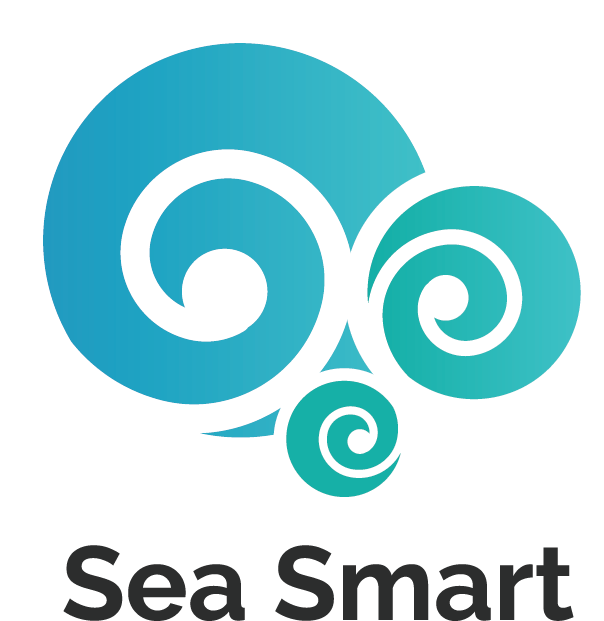Resources for Truth & Reconciliation
September 30th is the National Day for Truth & Reconciliation: a day to recognize the lasting trauma of residential schools and anti-indigenous systems across our country. As settlers on unceded land, we can support our Indigenous neighbours by learning about these systems and structures in our history and in our present, and support current initiatives in reconciliation.
These are some resources our staff are learning from this week, which we also encourage our readers to visit:
Read Phyllis (Jack) Webstad’s story behind “Orange Shirt Day” and purchase shirts from an official shirt retailer.
Find out what Indigenous territory you live on: https://native-land.ca/
In the bottom right corner: Uncheck “Colors”, check “Labels” and use the search bar to find your city. Hover over the map with your cursor to identify the Indigenous territories, and reapply “Colors” to see the territory overlap.
To learn more about the Indigenous history and culture in your area, most Nations have a website. As many of our programs operate in Vancouver, we’ve linked each Nation’s website here:
xʷməθkʷəy̓əm (Musqueam): https://www.musqueam.bc.ca
sḵwx̱wú7mesh (Squamish): https://www.squamish.net/about-our-nation/
sel̓íl̓witulh (Tsleil Waututh): https://twnation.ca/
S’ólh Téméxw (Stó:lō): https://www.stolonation.bc.ca/history
Learn how to do a land acknowledgement for the land you live or work on:
Land Acknowledgment Guide created by Raven Trust
Guide to Acknowledging First Peoples & Traditional Territory from Canadian Association of University Teachers
Read the 94 Calls to Action of the Truth and Reconciliation Report and recognize our roles in fulfilling these calls to action
As we work in ocean sustainability on these unceded lands and waters, it is important to recognize and learn from the Indigenous land stewards that maintained abundant ecosystems for generations. By learning about Indigenous governance and land stewardship, we can form collaborative relationships and connect these effective systems into our sustainability work.
School Highlight: Tsleil-Waututh Nation School students helping to restore the health of Burrard Inlet through land-based learning to restore eelgrass populations:
Book recommendation: Braiding Sweetgrass by Robin Wall Kimmerer
Virtual Event for youth in Grades 5-12 running until Oct 1st: https://nctr.ca/education/trw/
Resource for teachers of grades 2-12: check out the BC First Nations Land, Title, and Governance Teacher Resource Guide. This guide was created to support the understanding of traditional and contemporary forms of First Nations governance specific to First Nations in BC. It provides background information relevant to all teachers and students, and provides suggested activities and resources for grades 2 to 12.
Green Training Programs for Indigenous Youth: https://eco.ca/new-practitioners/beahr/?utm_source=linkedin&utm_medium=cpc&utm_campaign=beahr_cares&li_fat_id=a769e3f4-0b97-4875-9b1e-2c3e376ee101


